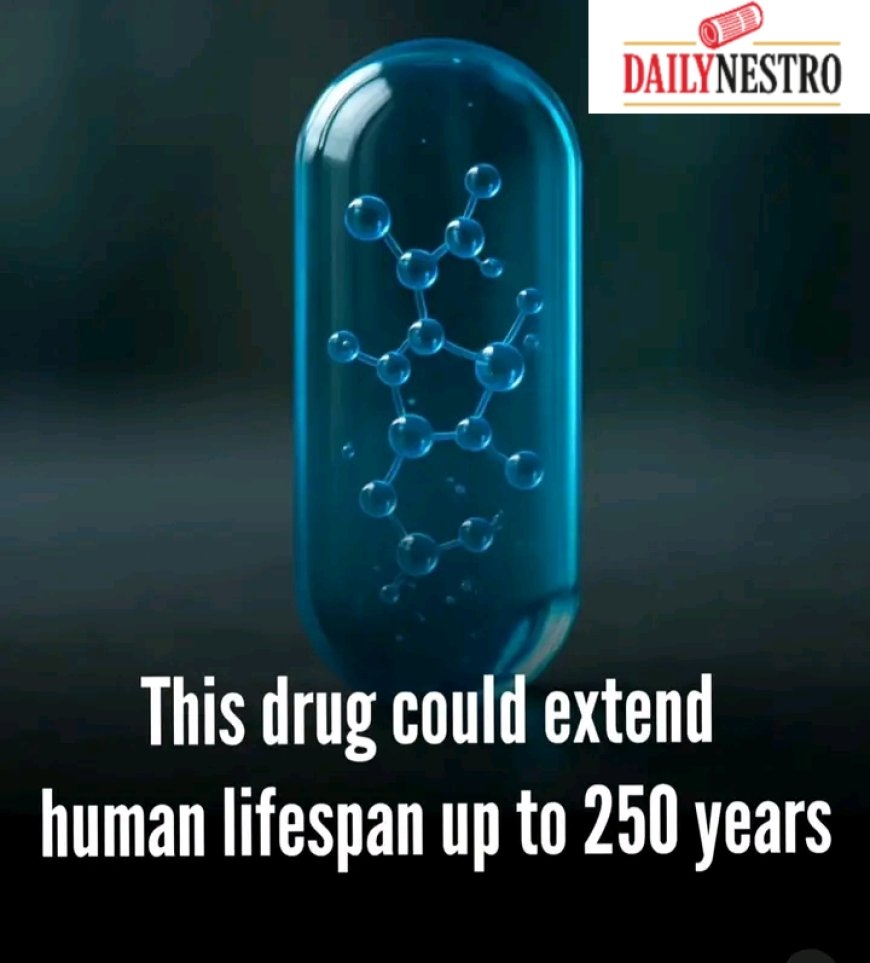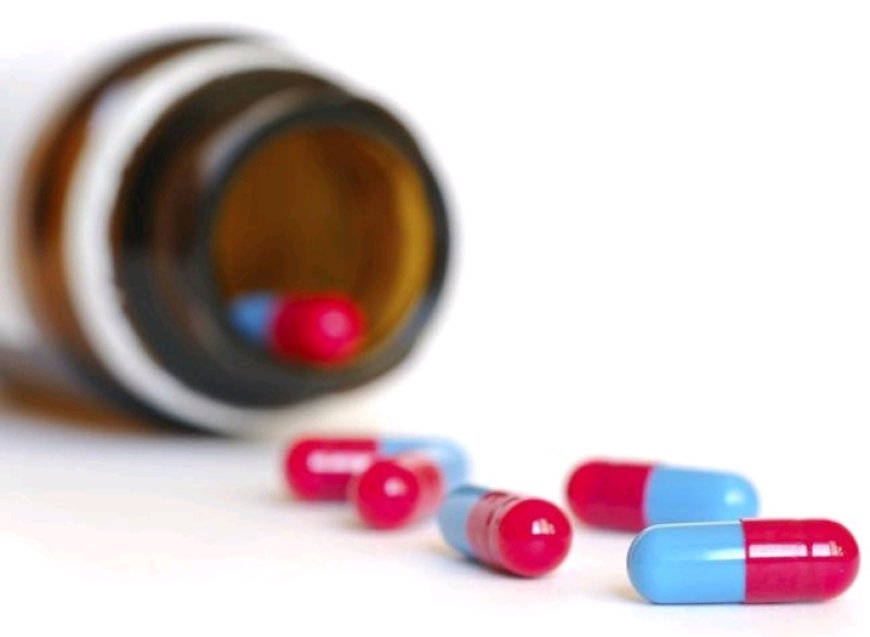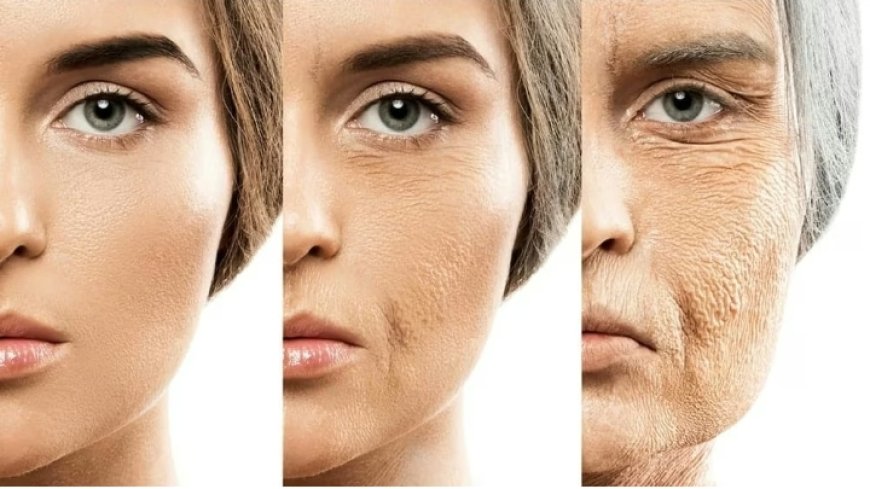Scientists Claim This Anti-Aging Drug Could More Than Double Human Lifespan
Scientists Claim This Anti-Aging Drug Could More Than Double Human Lifespan

Scientists Discover Promising Drug That May Slow Aging and Improve Lifespan.
In an exciting breakthrough, researchers from Osaka University in Japan have identified a potential anti-aging compound known as IU1. This discovery could reshape our understanding of aging and longevity, and possibly pave the way toward future treatments that promote healthier, longer lives.
While we may not be on the brink of immortality just yet, this study offers a compelling glimpse into how science may soon help us live not just longer—but better.
The Science of Aging: What Really Happens to Our Cells?
Aging is a natural and inevitable part of life. Over time, our bodies undergo gradual changes that affect how we look, feel, and function. From wrinkles and gray hair to memory loss and reduced muscle strength, the signs of aging are familiar to all of us.
But what causes these changes on a cellular level?
One key factor is a breakdown in proteostasis, or protein homeostasis. This is the body's ability to maintain a stable and healthy balance of proteins within cells. Proteins are essential for almost every biological process in the body—from building tissues to regulating hormones and immune responses.
As we age, our cells become less efficient at identifying and removing damaged or misfolded proteins. These dysfunctional proteins can accumulate inside cells, leading to inflammation, cellular stress, and a range of age-related diseases, such as Alzheimer’s, Parkinson’s, and even certain types of cancer.
 IU1: The Drug That Supports the Cell’s Cleanup Systems
IU1: The Drug That Supports the Cell’s Cleanup Systems
The Osaka University research team focused their study on two critical protein-regulating systems in the body:
1. Proteasomes – These act as tiny protein-recycling units, breaking down damaged or unnecessary proteins inside cells.
2. Autophagy – A process where cells essentially "self-digest" damaged components, recycling their parts for reuse.
In their lab experiments, the researchers found that IU1 significantly enhances both of these systems. More specifically:
IU1 boosts proteasome activity, allowing cells to more effectively identify and destroy harmful proteins.
It also stimulates autophagy, giving cells a stronger ability to clean themselves and maintain internal balance.
This dual mechanism means that IU1 doesn’t just slow aging in theory—it actively helps repair and protect cells against the damage that leads to physical and mental decline over time.

Potential Benefits: Healthier Aging and Stronger Bodies
The research suggests that by restoring balance to the body’s internal protein systems, IU1 may help reduce the risk or severity of various age-related conditions. Some potential benefits under investigation include:
▫️Improved muscle strength and mobility
▫️Reduced cognitive decline
▫️Lowered inflammation in cells
▫️Increased resistance to age-related disease
While these findings are preliminary and based on early-stage research (mostly in lab environments or model organisms), they offer encouraging possibilities. The goal isn’t just a longer life—but a longer healthy life.
Can Humans Live to 250 Years?
The researchers involved in the study speculate that enhancing cellular health over time could significantly extend the human lifespan—possibly up to 250 years. While this number is still hypothetical and far from proven, the science behind it is rooted in real cellular biology.
Longevity is determined by a mix of genetics, lifestyle, environment, and now, possibly, medical intervention. Drugs like IU1 could become part of future therapies designed to slow down the biological clock, allowing people to live longer without the typical decline associated with old age.
However, it's important to approach such claims with caution. The idea of living to 250 is a bold projection and would require decades of further research, clinical trials, and ethical discussions before becoming a reality.
Though IU1 offers great promise, it’s essential to understand that the drug is not yet approved for human use. It remains in the research phase, and more testing is needed to determine:
▫️Long-term safety
▫️ Potential side effects
▫️Effective dosage for humans
▫️How it interacts with other biological systems
Moreover, the journey from laboratory research to real-world treatment is long and complex. Even if IU1 proves safe and effective, it may take years—or even decades—before it's available for public use.
The Future of Anti-Aging Medicine
Despite the challenges, this discovery is part of a growing wave of research into **anti-aging science**. Around the world, scientists are exploring how genetics, nutrition, exercise, and pharmaceuticals can work together to slow aging and extend life.
Some other promising areas of research include:
▫️Senolytics – drugs that remove aging cells from the body
▫️Telomere extension therapies– aiming to repair DNA damage
▫️NAD+ boosters– supplements that enhance cellular energy and repair
▫️Caloric restriction mimetics – compounds that mimic the benefits of fasting
IU1 now joins this exciting frontier as a candidate for next-generation longevity therapies.
A New Era of Healthy Aging
The discovery of IU1 by Osaka University researchers adds a powerful new chapter to the story of anti-aging science. By enhancing the body’s natural cleanup systems, this drug could one day help us live longer, stronger, and healthier lives.
While we’re not there yet, the path toward slowing down aging and extending healthspan is clearer than ever before.
[NOTE: THIS ARTICLE IS FOR EDUCATIONAL PURPOSES ONLY AND FOR YOUR HEALTH RELATED COMPLICATIONS PLEASE REACH OUT TO PHYSICIANS OR YOUR DOCTOR! THANKS]
The sources: propakistani.pk, parkinson'snews







